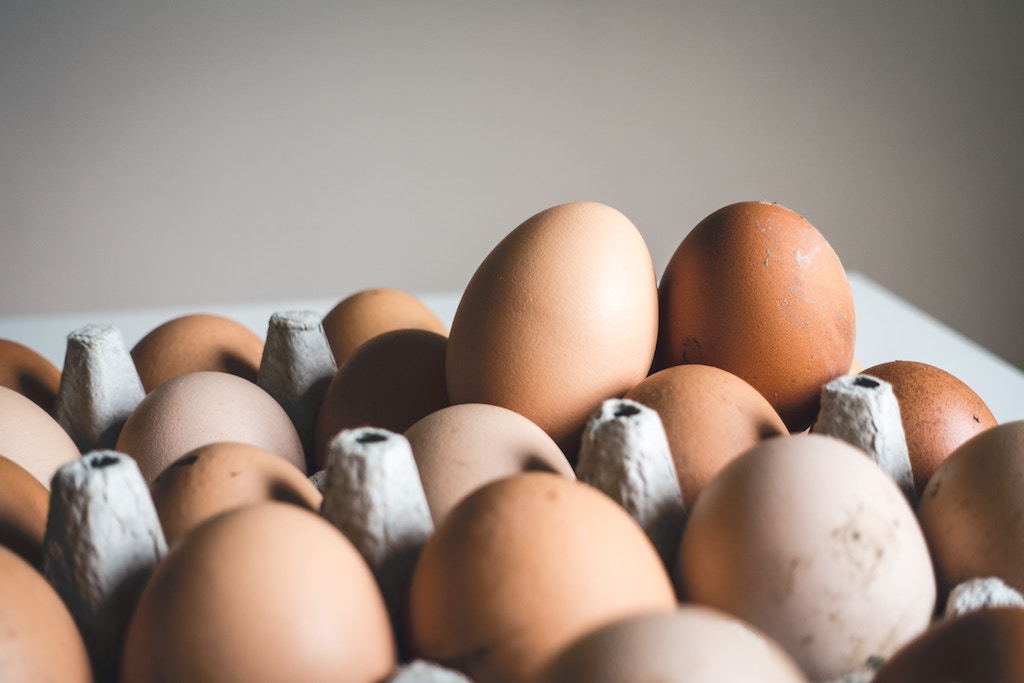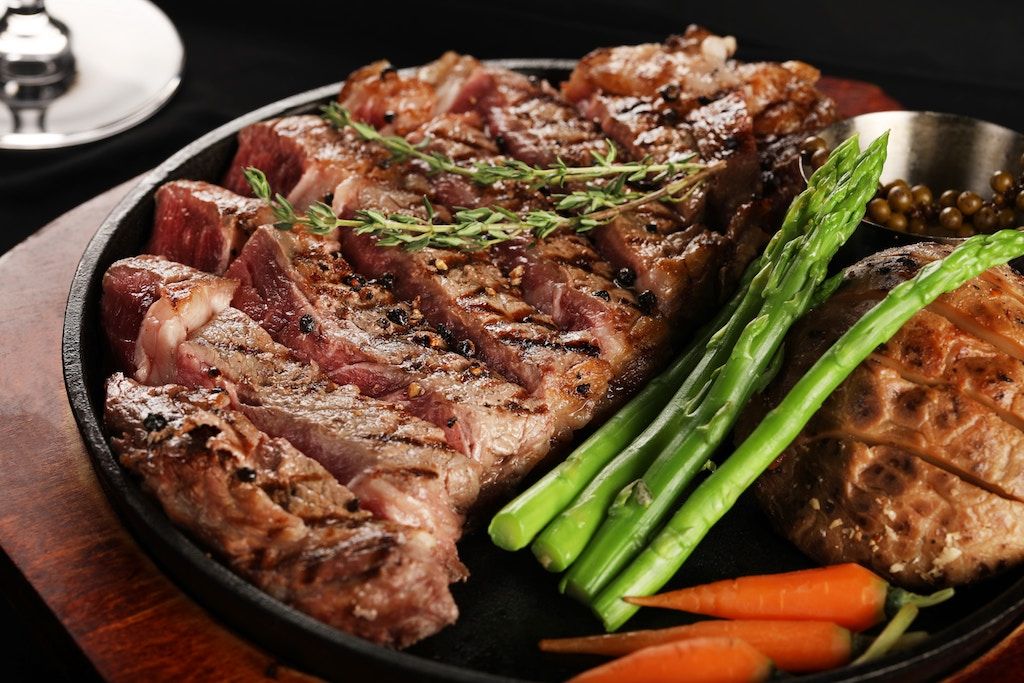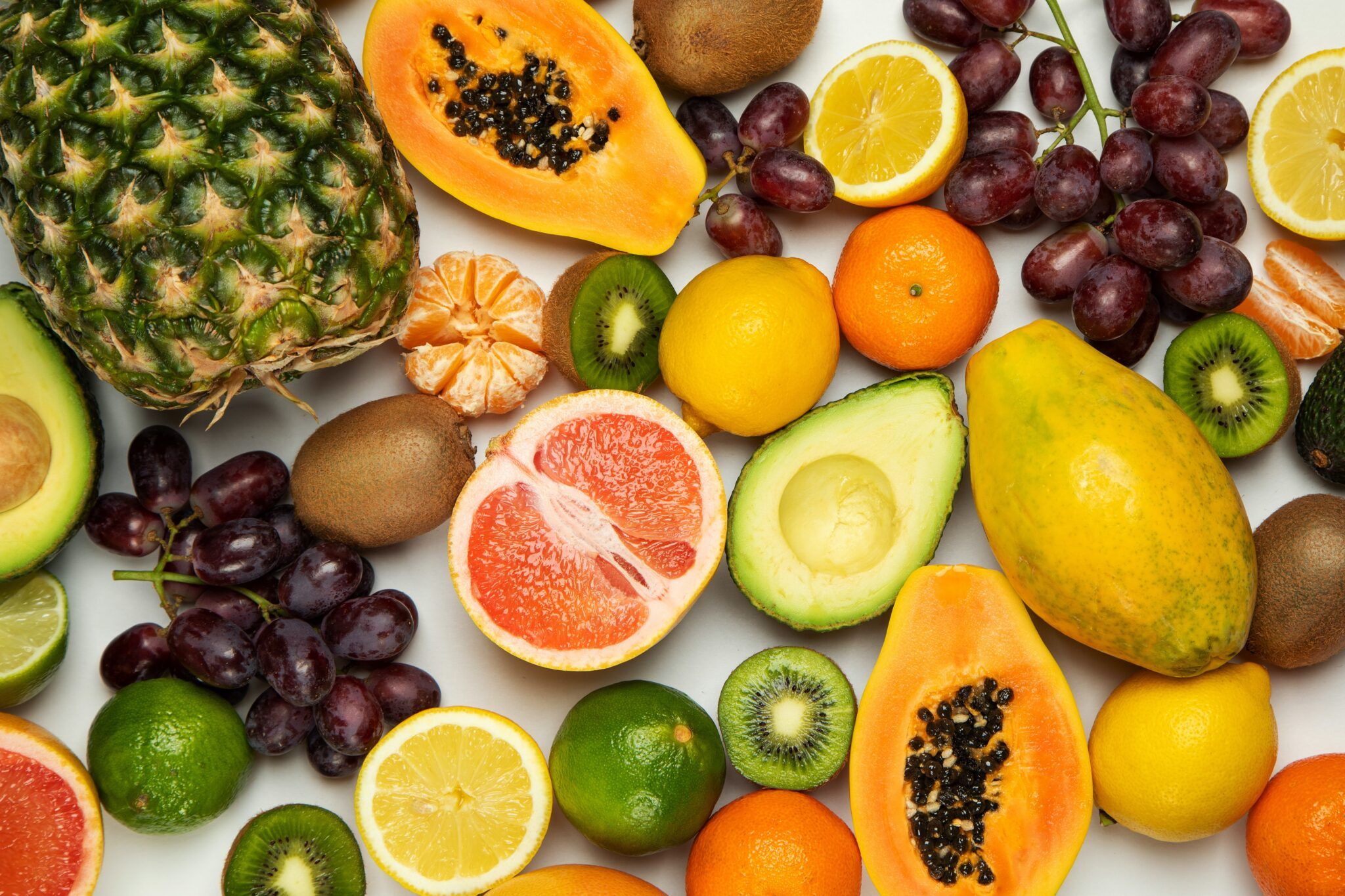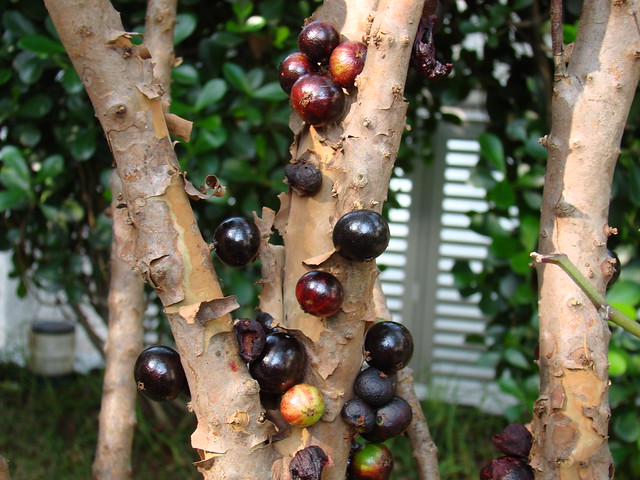Originally published on HVMN by Ryan Rodal
If you’re considering the keto diet, you may think it’s extremely difficult maintain. The low-carb, high-fat diet will certainly require a lifestyle change, but it may also illuminate hidden sources of carbs in your everyday diet—especially in regards to sugar intake. People tend to underestimate this one. This is no truer than with beverages, as folks usually overlook how much sugar is in some of their favorite drinks.
Many everyday beverages may contain more calories and carbs than you would believe possible. To make matters worse, the majority of these carbs will come strictly from refined, processed sugar.
The glass of orange juice you had with breakfast? That’ll be 120 calories and 10 grams of carbs. The morning trip to your local coffee shop? That drink could have as many as 600 calories and 75 grams of carbs. The soda at lunch? It’s worth 200 calories and 40 grams of carbs.
These hidden calories from sugar may be compromising your health and weight loss objectives. Drinks such as juices, sodas, and flavored coffees come jam packed with large amounts of processed sugar, which spell disaster for a ketogenic diet. By following our guide below, you will be closer to staying keto-friendly, and learn how to dodge the constant sneak-attacks from sugar lurking in our everyday diet.
Zero-Carb and Low-Carb Beverages
There are several keto-friendly, low-carb drinks out there. It’s important to be informed about what you’re drinking, because even a small amount of sugar can kick you out of ketosis.
Water
This is the most abundant fluid on Earth, and the most precious liquid for life in general. Though not necessarily the most sexy or popular option, every person on a keto diet should start here. Water makes up 75% of our body weight and can affect health, energy, performance, and overall function.1
Humans can lose around 1% – 2% of total body water during a typical day just as a result of simple routine activities. Many adults tend to drink less than half the recommended daily value of water, and as a result, may experience unpleasant consequences of dehydration.2 Men should drink about four liters of water per day, and women should drink about three liters per day, and in both cases, requirements are likely more if you’re active. Ensuing you hit your daily water minimum is important. Dehydration has shown to be detrimental to both physical performance and cognition.
Not only is water the basis for survival, but it also is the most versatile option of all the beverages on the keto-drink list.
Plain water may be commonly thought of as a boring, flavorless liquid, but it can be jazzed up numerous ways.
- Adding squeeze of citrus juice: Take a wedge of lemon or lime and squeeze a small amount into your drink. You could even add cucumber or mint and refrigerate for freshness. This can add a lot of flavor with little-to-no calories involved
- Carbonated / sparkling water: Simply adding some bubbles to your water by using a carbonation machine can give your water an effervescent quality. If you choose not to produce your own carbonated water, there are several options available commercially
- Zero-calorie flavoring: Water enhancers that are zero calorie can add a lot of flavor with just a small squeeze. There are several out there you can purchase, varying in flavors. Be sure to moderate your intake of artificial sweeteners and consume in moderation
Consuming enough water daily is not only vital to overall health, but it may help prevent problems such as constipation, urinary tract infections, and kidney failure. Did we forget to mention it’s keto friendly? Do we need to?
Coffee
Coffee is one beverage that has been consumed for centuries with its origins dating back well over one thousand years. Coffee consumption has been controversial at times—it was once seen as a drink linked to heart disease and high blood pressure. However, views on coffee have substantially changed over the years, and now the drink has become a beverage staple crossing cultural lines and international borders for generations.
Coffee has gone from simple bean to multi-billion dollar industry. But in its purest form, coffee is an all-natural crop that is farmed, harvested, roasted and filtered over water. Coffee was once viewed as detrimental to health but has now been shown to have positive health benefits in modest amounts.3
Some of the health benefits associated with modest coffee consumption include:
- Improved weight maintenance through thermogenesis and fat oxidation4
- Appetite suppression4
- Lower risk of some cancers5
- Increased energy
One problem with the line up at your local coffee shop: it’s so easy to add large amounts of sugar to coffee in the form of flavored syrups.
This increases its carb count making it an enemy of the keto diet. Think about all the sugar in a frappuccino! Lattes should also be avoided as milk contains a high amount of carbs as well.
You may be thinking, “There is absolutely no way I am drinking black coffee.” Fair enough. Black coffee is an acquired taste for most people. Good news is, there are keto-friendly options to make your coffee less bitter and more palatable.
- Add heavy cream: Heavy cream is low in carbohydrates and high fat, helping to minimize the bite associated with black coffee
- Make MCT coffee: Many people have begun adding medium-chain triglycerides (MCTs) to their coffee. MCTs aren’t exactly ketones, but they’re fatty acids readily converted into ketones. The main source of MCTs is coconut oil. If you’re looking for a zero net-carb option, we have you covered with HVMN MCT Oil Powder, made from pure C8 (the world’s most ketogenic fat) and a base of acacia fiber
- Add nut milk: Adding nut milks such as almond milk or cashew milk are low carb options that add very few calories to coffee drinks
These options can make black coffee a bit more palatable without all the unnecessary sugar you may get from a local coffee shop. But if coffee isn’t your cup of tea? Well maybe try…tea.
Tea
The history of tea spans centuries and cultures all over the world. As one of the longest-standing beverages consumed by humans, tea has been a practical drink that is both medicating and beneficial.
Tea is the second most widely-consumed beverage on the planet (behind, of course, water). Recent studies have suggested that tea may help reduce the risk of developing chronic diseases such as cancer, cardiovascular disease, arthritis, and diabetes.6
In addition to the physiological benefits, certain varieties have other positive benefits including:7
- Reduction of anxiety
- Improved cognition
- Improved memory
An amino acid in tea, called L-theanine, might be responsible for some of these benefits. It has shown to increase focus and decrease stress—a powerful combo.8 That’s exactly why we included L-theanine in Sprint, our nootropic for energy and focus.
Not only is tea beneficial to health, but many varieties, including herbal tea and green tea, are keto-friendly and part of a low-carb diet. The problem that exists with coffee runs parallel to tea: large amounts of sugar are often added to it.
Obviously, sweetened teas that contain a high sugar content are not part of a keto-friendly diet. Therefore, in order to stay in ketosis, you must limit your sugar intake by consuming unsweetened teas.
Low-Calorie or No-Calorie Sport Drinks
Our bodies need electrolytes. Electrolytes are electrically-charged elements that function to stimulate the body’s muscles and nerves. Electrolytes include sodium, calcium, potassium, magnesium and phosphate; they control the level of fluids in the body, affecting cellular function, blood volume level and blood pressure.
It is important to balance electrolyte levels in the body to ensure that the body can function optimally.
An electrolyte imbalance can result in dehydration and symptoms such as fatigue, vomiting, sweating, nausea, diarrhea, muscle cramps, lack of coordination, lack of focus, dizziness, increased body temperature, and kidney issues.
Sweat during exercise causes a loss of electrolytes and risk of dehydration. Therefore, athletes must consume electrolytes, and these are often a key component of sports drinks. Sports drinks aim for the correct balance of electrolytes, vitamins, minerals. During prolonged exercise, water alone fails to restore lost electrolytes, therefore, specially designed sports electrolyte drinks are most effective in maintaining optimal bodily fluids.
Unfortunately many popular sport drinks filling the locker room cooler are high in sugar and carbs. For the athlete practicing the ketogenic diet, this could spell disaster. The good news is that in today’s day and age, there are plenty of zero-calorie options that can provide the electrolytes needed to perform with low carb intake.
These options often come in effervescent tablet form, or as powders and are lightly-flavored, without all the added sugar.
Milk Substitutes
Traditional cow’s milk has been a staple in the human diet for centuries. In fact, humans have been consuming cow’s milk for almost 10,000 years.
Dairy milk contains a relatively high number of carbohydrates. Some people have issues digesting cow’s milk due to lactose intolerance. As much as 65% – 70% of the world’s population has some level of lactose intolerance.9
Due to the issues with digestion, several milk substitute products have been developed in recent years. The most popular varieties include almond milk, cashew milk, soy milk, and coconut milk. These substitutes are keto-friendly due to their low carb content.
What’s so great about milk substitutes? They can still be used in the same manner as traditional milk. Whether you choose to add it to cereal or coffee, the possibilities are endless.
Be sure to use an unsweetened variety of these nut milks as their sweetened counterparts contain high concentrations of sugar.
Keto-Friendly Alcohol
This one stirs up some controversy in keto circles. Certain types of alcohol can be apart of a low-carb diet in moderation, but there are certain alcoholic beverages that may completely derail your ketosis.
If you do choose to drink alcohol follow some of our tips below.
- Drink spirits: Spirits such as scotch, whiskey, tequila, rum, or vodka contain carbs but the amount is less compared to other alcoholic beverages
- Avoid sugary mixers: Alcohol can quickly add up in carbs and calories partially due to the fact that people mix these drinks with sugary sodas, juices, or drink mixes. If you do add a mixer, choose a low carb option (like soda water or citrus)
- Avoid beer: Beer is jam-packed with carbs making it very unfriendly to the ketogenic diet
Keto or not, it’s important to note that alcohol should always be consumed in moderation. Drinking moderately on occasion likely will not alter your state of ketosis but try not to go overboard. And be sure to drink responsibly!
Exogenous Ketones
Ketosis happens two ways—endogenously (meaning, ketones are produced in the body, likely a result of diet or fasting) or exogenously (ketones consumed from an external source, likely a supplement drink). Endogenous ketosis can take days or weeks, so many people we employ an exogenous ketone supplement to help achieve ketosis faster.
MCTs (discuss previously) are not technically an exogenous ketone but they do bump up BHB levels somewhat (remember, they don’t actually contain ketones). Ketone salts are another option, these usually come as a powder to be mixed in water. But you should watch out, as regular use of ketone salts will cause you to consume far over the recommended daily allowance of sodium. Ketone esters, like HVMN Ketone, provide a great option for almost-immediate, deep ketosis with increased levels of beta hydroxybutyrate (BHB).
At only 120 calories per serving, HVMN Ketone was developed to enhance endurance performance. In testing, elite cyclists who drank HVMN Ketone performed 2% – 3% better, cycling 400m further in a 30-min time trial.10 Safe to say this is definitely a keto-friendly drink!
Of course, these are keto-friendly drink options as they are free of sugar—but they can also increase ketone levels and kickstart ketosis.
Keto Smoothies
When the term “smoothie” comes up, you may instantly think of a high-sugar drink that isn’t keto-friendly.
While most smoothies contain high-fructose fruit or sugar, keto smoothies provide valuable nutrients such as fiber, while helping you stay in a state of ketosis.
There are several keto-friendly smoothies available made with low-carb fruit options to provide valuable nutrients. Try blending together 200ml unsweetened almond milk, 1 tsp stevia, 1 tbsp turmeric, 1 tsp cinnamon, 1 tsp ground ginger, 1 scoop MCT Oil, and 1 tbsp of Chia seeds to make a delicious breakfast smoothie.
Artificial Sweeteners
One topic to address when dealing with low- to no-calorie beverages is artificial sweeteners.
Many sugar-free products contain artificial sweeteners instead of sugar. There has been controversy in recent years over whether or not these artificial sweeteners are safe and/or healthy regardless of carb content.
Although artificial sweeteners are designed to replace sugar in low-carb beverages, observational data has shown that these sweeteners may be associated with increased body mass index (BMI) and obesity.11 Limiting the consumption of any type of sweetener may be the best option for preventing weight gain. Instead, identify natural sweeteners that have been shown to have positive effects on body weight and metabolism such as Stevia.12
Drinks to Avoid
The vast majority of consumer produced beverages contain high amounts of sugar. To avoid unwanted sugar and maintain ketosis, be sure to check the nutrition label on some of your favorite drinks Here are a few easy ones to keep an eye out for.
Soda
All types of soda should be avoided on a ketogenic diet whether it be regular, diet, or zero-calorie. Studies show a positive correlation between soda intake and a higher BMI.
Furthermore, these drinks have been associated with an increased risk of type 2 diabetes. While genetics obviously play in a role in the development of these diseases, there is no doubt lifestyle choices are also important.
Diet and zero calorie sodas are high in artificial sweeteners such as aspartame and sucralose. Diet soda has been said to produce an insulin response similar to regular sodas, thereby having some of the same deleterious side effects.13 People following a ketogenic diet should strive to eliminate these drinks from their diets.
Fruit Juice
In past generations, juice was thought of as a healthy drink providing valuable micronutrients such as Vitamin C and Calcium to children and adults alike.
In recent years, we’ve come to realize that traditional juice beverages are actually filled with sugar.
Fruit juice drinks such as apple and orange juice are naturally rich in sugar, making them extremely detrimental to a standard keto diet.14 Some manufacturers even add extra sugar to make them more palatable. Due to their high sugar content, juice drinks should not be consumed on a typical ketogenic diet.
Beer and Wine
Generally, alcohol isn’t a keto-friendly beverage. But as we discussed, there are certain alcoholic drinks that are more preferable to a keto diet—still, there are definitely some that should be avoided.
Beer is high in carbs and provides no nutritional value to dietary standards. All types of wine, including red wine and white wine, also contain high sugar as well. However, there are certain manufacturers that produce keto friendly wine. A drink or two is fine with careful selection and appropriate moderation.
Energy Drinks
Energy drinks have never been thought of as a healthy option since their introduction to the marketplace in the 1990s. In addition to the “caffeine crash” that many people experience while consuming these drinks, they also tend to contain harmful ingredients such as guarana and taurine.15
While there are zero-calorie options available, the large amounts of caffeine and other ingredients may be linked to incidences of heart rhythm disturbances and increased blood pressure.16
What Should You Drink?
Sugary drinks are ingrained in society; people will often have a sugary coffee drink in the morning, a soda with lunch, or a beer with dinner. All of these options are difficult to consume while on the keto diet because of their carbohydrate content. Especially as you start off on the keto diet, you should pay special attention to the nutrition facts for your beverages, as so many people guzzle carb-heavy drinks perfectly innocently, without even realizing they’re full of sugar.
Good news, though: in today’s modern day and age, there are plenty of keto options available, with more brands and flavors coming out all the time.
What is your best bet ? Stick to water and black coffee. If you need to spice things up a bit, try carbonated water with a fresh squeeze of citrus. It’s worth being diligent. You’ll feel so much more energized when you can train your body to run on ketones all day, rather than reaching for a mid afternoon sugary drink-pick-me-up.
If you want to start the ketogenic diet but you have doubts about how you can live without carbohydrates, I invite you to do it gradually. And for this you can start with a my Low-Carb Jumpstar Program. A 14-Day Plan to help you kickstart your journey with the low carb diet.
This plan will give you an idea of how to start and after that you can progressively start with the ketogenic diet.
Join the program today by clicking on the image below.
Love And Wellness,
Photo by Danielle MacInnes on Unsplash








